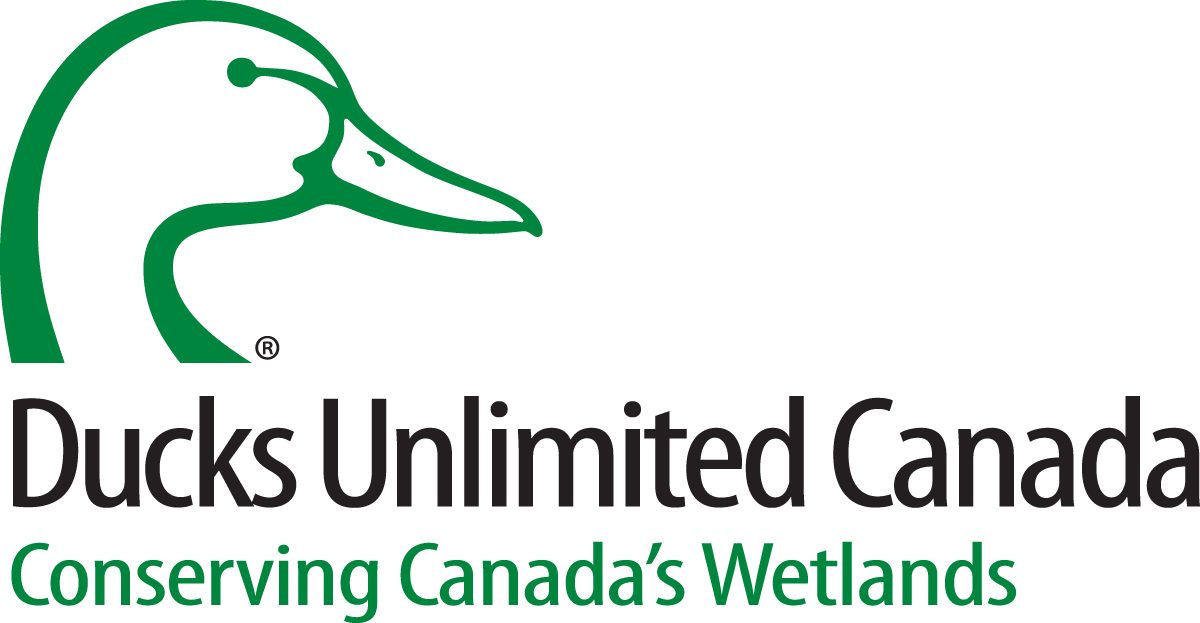Partner Series: Ducks Unlimited Canada
Getting to Know Bryon Wolters, Conservation Specialist - Ducks Unlimited Canada
Written by Michelle A. Gordy
Born, and raised on a mixed farm in Vermilion, Bryon has a long history and familiarity with the region. After high school, he attended Olds College for Livestock Production and then went on to raise his own pure-bred Angus herd. He later had several sales jobs in livestock and auctioneering around Vermilion, until he learned of an opportunity to join Ducks Unlimited Canada (DUCs) as a Conservation Specialist.
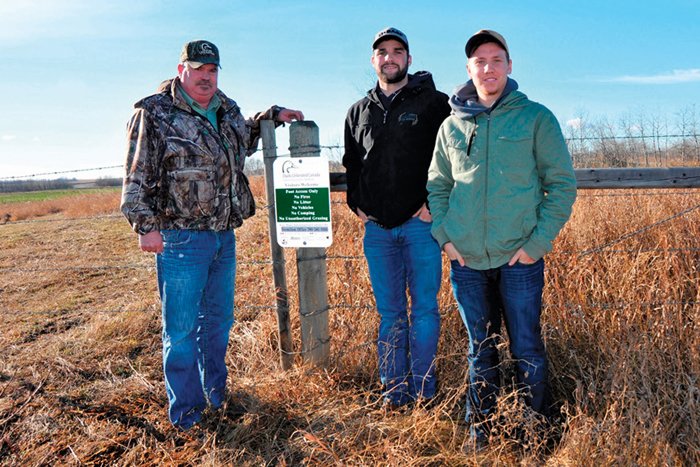
It was his familiarity with the land and the people that really set him up for success in this position, and he has now been with DUCs for the last eight and a half years. As a part of the Restoration and Retention Team at DUCs, Bryon works with landowners to implement wetland restoration through land purchase agreements (described below). This can be a challenging pursuit at times, as landowners may have a different vision for how their land should be used, and often the choice of reducing the amount of land they can use for farming can be a tough call. However, when landowners understand the benefits and goals of conserving wetlands and can also be paid for their conservation efforts, the choice to conserve becomes easier, and the result is overall positive.
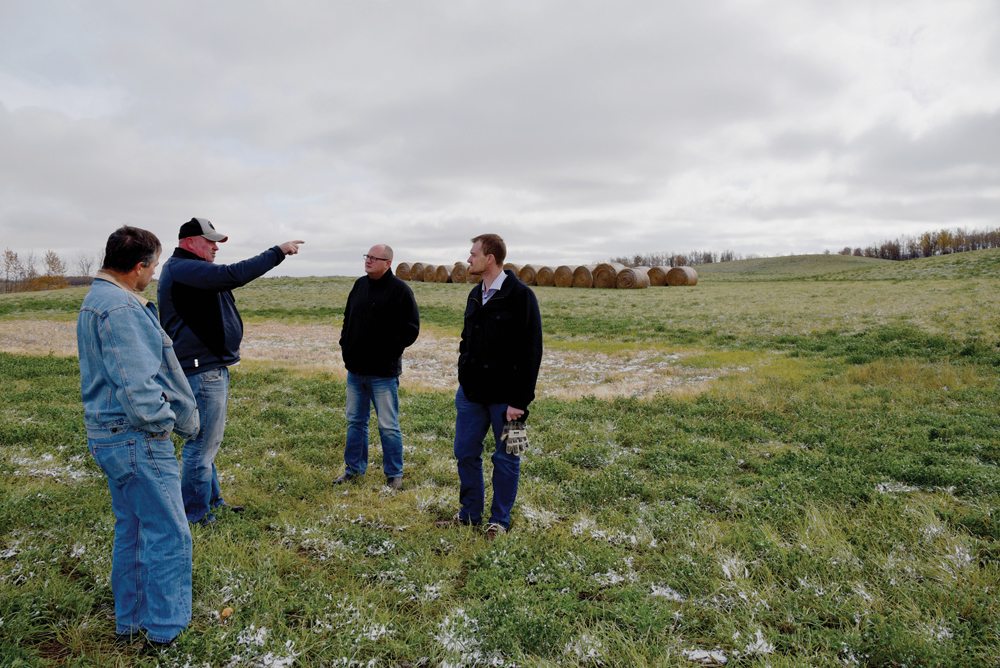
Wetland Functions
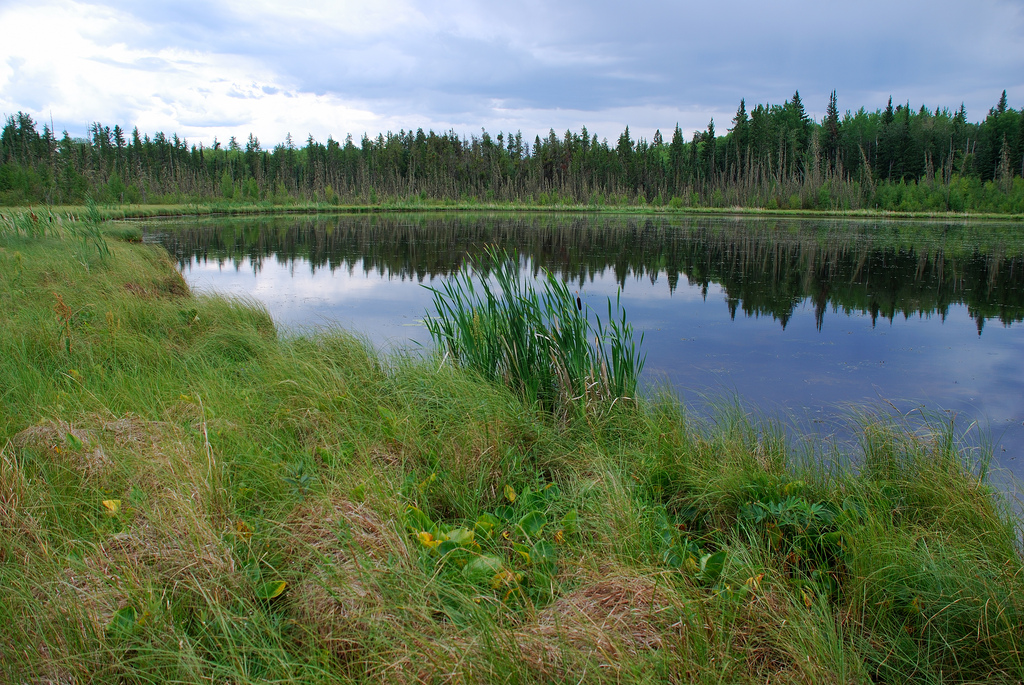
Protecting Water Quality
Providing Water Storage and Infiltration
Providing Habitat for Wildlife, Fish, and Plants
Sustaining Biodiversity
There are a couple ways in which landowners can work with DUCs to conserve wetlands and restore their functions through purchase agreements: Conservation Easements or the Revolving Land Conservation Program.
Conservation easements are agreements made with landowners for the purchase of a piece of private land, surrounding a wetland, through annual payments to the landowner at a percentage of fair market value. “Conservation easements are legal tools to help you protect the habitat on your land. While maintaining ownership, you make a commitment to conserve the natural integrity of the habitats agreed upon by you and DUC, by limiting the amount and type of development that can occur”(https://www.ducks.ca/resources/landowners/conservation-easements/).
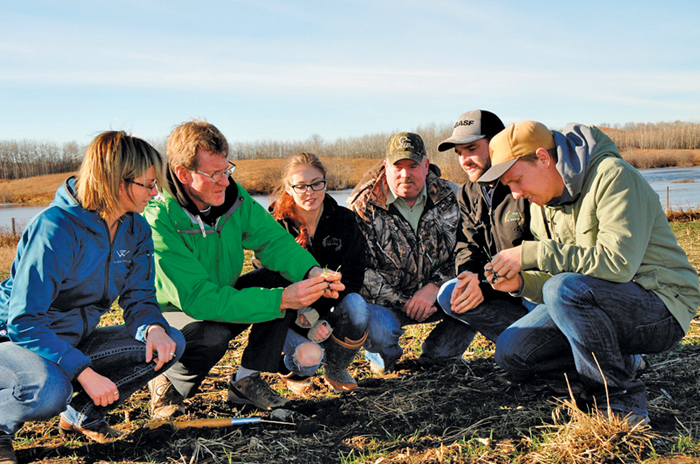
The Revolving Land Conservation Program works in the opposite direction of a Conservation Easement agreement, in which DUCs has purchased and restored (wetlands and grasslands) lands, placed a Conservation Easement on the title, and then sells on the real estate market. In this way, people can purchase land with conservation already in place, and proceeds from the land purchased goes back into funding other conservation activities.
Over the nearly nine years that Bryon has worked for DUCs, his work with landowners has resulted in the restoration of approximately 300 acres of wetlands, and 4,000 acres of lands protected by easements. When asked what his favourite part of the job is, he said “knowing we’re going to keep some lands intact…habitat for not just waterfowl, but other animals and people too.”
In addition to his work for DUCs, Bryon is also a Board Member of the Vermilion River Watershed Alliance (VRWA), which has helped connect him with others in the watershed doing wetland restoration, such as Chris Elder of ALUS -Vermilion River. In his board position, Bryon helps guide the direction and work of the VRWA. We are very thankful to have him on our team.
In his spare time, you will likely find Bryon at the Vermilion Golf and Country Club, where he has been an avid golfer for the last 30 years. He also loves to spend time with his grandchildren, two of whom are “farm kids” and will surely gain great knowledge and appreciation for the land in which they are raised by having a grandfather, such as Bryon, to pass that along.
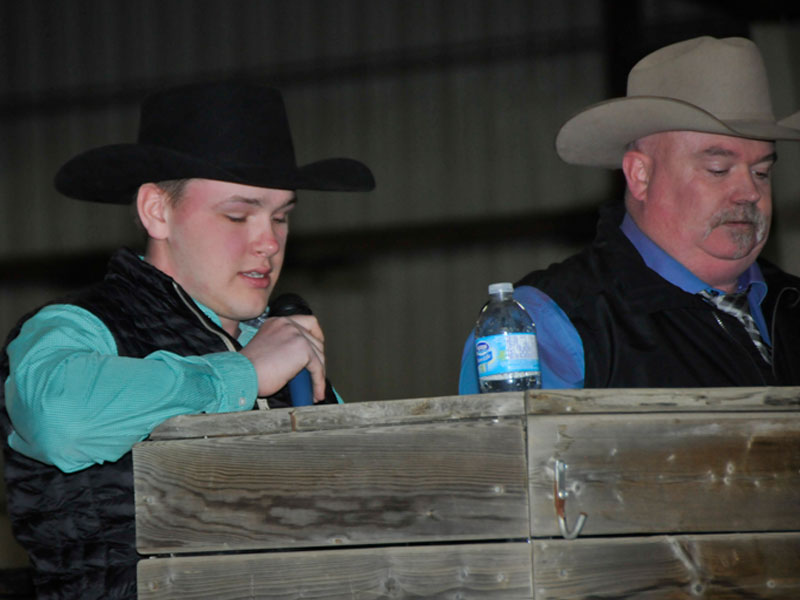
Thank you for your partnership, Bryon, and all you do for the community and the watershed!
